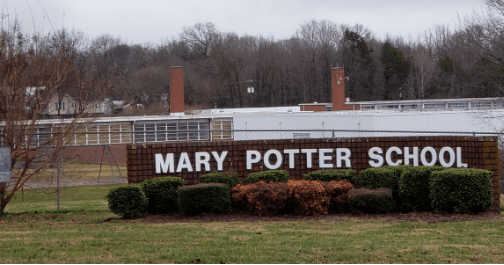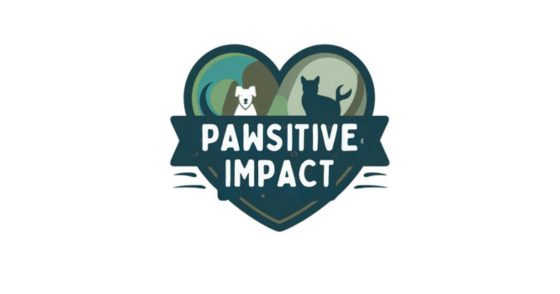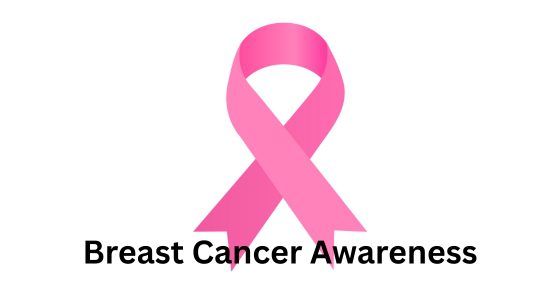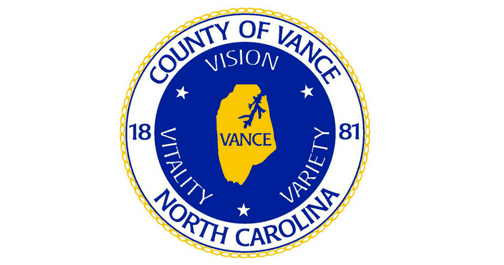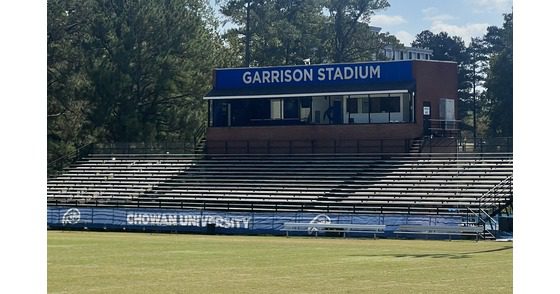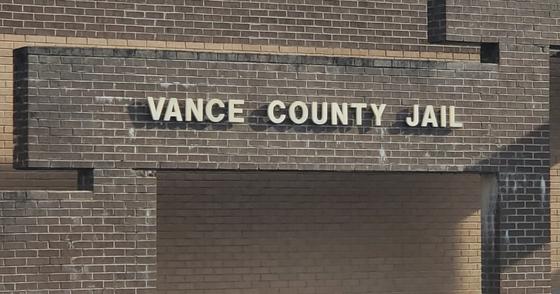Lisa Harrison, health director for Granville Vance Public Health was on Town Talk Monday and provided an update on current COVID-19 vaccination deployment throughout the two counties.
In addition to staying on top of the medical side of the vaccination rollout, Harrison and her team have had deep-dive lessons into the basics of supply and demand. And right now, there is more demand than supply.
Harrison said it is important that the community understand that vaccine continues to be available, but once the doses come in, it is imperative that they be administered as quickly as possible. There have been several mass vaccination clinics in the two counties, she said. But those clinics are set up only when large doses come in to the health department. The two counties administer, on average, 160 doses per county per day in the daily clinics that the health department operates.
To hear Lisa Harrison on TownTalk, click play. Written story continues below.
The mass drive-in clinics, some held on hospital or school campuses in the local area, require cooperation across agencies, Harrison said. For example, the Jan. 25 clinic set up at Maria Parham Medical Center was organized because Harrison learned “sort of last-minute” that 975 extra doses of the Phizer vaccine would be headed to Maria Parham – for immediate use. “We don’t want to waste a single dose,” she said.
Harrison and the team sprang into action upon learning of the vaccine shipment. “It takes a lot of partners and a lot of energy to do that well,” she said. From hospital staff to EMS, law enforcement, and nurses from Vance County Schools, the health department was able to orchestrate the coordinated effort. We didn’t have a lot of lead time to put it all together, but we’re really proud of our partners for working together to make that happen.
Generally, there’s a 6-hour window for a mass clinic like the Jan. 25 event, she said, because of the need to keep the vaccine adequately refrigerated.
“We were lucky we got 975 extra (doses) not originally allocated,” Harrison said. The shipments are based on population, she said, but the local health officials had done such a good job of getting the vaccines in peoples’ arms, they were able to show they could use more.
Simply put, the vaccines create a way for our bodies to recognize the COVID-19 virus, which leads to our bodies being able to identify and fight off the virus if or when a person is exposed to the real thing.
The Phizer and Moderna vaccines require two doses given three and four weeks apart, respectively, and her team has enlisted the aid of key community leaders to help with outreach, especially into underrepresented segments of the population. If there happens to be extra doses at a clinic, these community leaders have a way to get the word out to ensure that all doses will be used.
That being said, Harrison explained that if there are extra doses at a Dose 1 clinic, a network of community leaders has been identified to help get the word out. Reaching out to key community leaders, she said, helps “to ensure an equitable distribution of vaccine (to those) who may not have the ability to access the hotline. This community outreach approach to public health is vital to get people on our list who otherwise are having a hard time. Visit gvph.org or phone the COVID-19 hotline at 252.295.1503 to learn how to register for the vaccine.
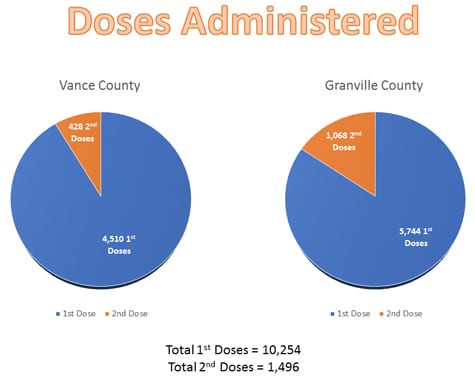
Graphic prepared by Granville Vance Public Health. Shows vaccine distribution as of February 5, 2021.
Each shipment of vaccine is identified as a Dose 1 or Dose 2. She said she wants to reassure the community about Dose 2 availability. “We always have Dose 2 for every Dose 1,” she said. But that second dose is only used for second doses. It’s all about supply management, she said. “We’re just extremely careful” with those second doses. “We only pull up into syringes the exact number of doses of people we have appointments for and are coming (to get their booster),” she said. Any extra doses from the Dose 2 shipment are better used by other health care providers who may be short of vaccine for some reason.
While the logistics may seem complicated, Harrison noted that the last thing she and her team want to do is call a client to cancel an appointment because of insufficient vaccine.
“If we have 800 vaccines for the week,” she said, we’ll open up 800 appointments. When those are filled, we won’t take any more appointments until we get more vaccine.
“We’re getting rid of (the vaccine) as quickly as we receive it, but we don’t receive enough to have a full clinic 5 days a week in both locations,” Harrison said. If the weekly shipment contains 200 or 400 doses, she said, those can be administered in the regular clinics the health department operates.
One local organization is offering help to the community with getting registered for the vaccine. Lucette Mercer, deputy director of Green Rural Redevelopment Inc. (GRRO) told WIZS Monday that the organization has 30 community health workers who can assist people getting registered online for COVID-19 vaccines.
In addition to Granville and Vance counties, GRRO also serves Warren, Franklin, Nash, Wake, Durham and Pitt counties. These community health workers have remote online access and can help with online registrations. Call 252.430.7999 for more information.


